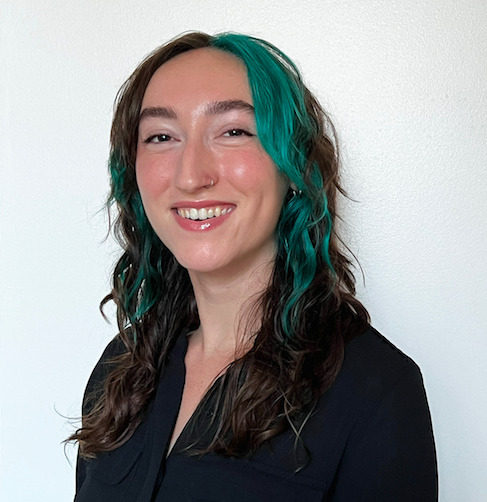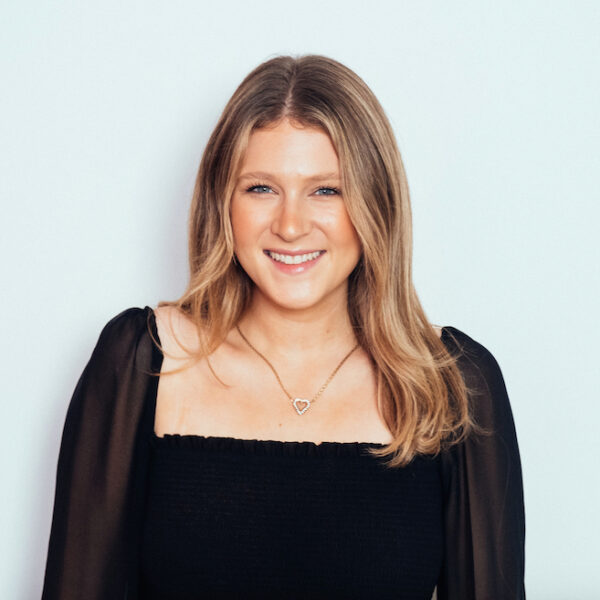What are common types of depression treated by Be.Well.? How can I tell depressive episodes from depressive disorder?
Be.WELL. psychotherapists help with various forms of depression. Oftentimes depressive episodes can be a catalyst to seek therapy; these depressive episodes are the result of a major upheaval, such as a break-up, death of a loved one or animal, relocation, job loss or job change. Depressive episodes tend last from 6 months to 2 years.
Episodic depression can come to be due to a life or identity crisis – what does this look like? Does the following ring a bell? You think you’re supposed to be at a certain stage of your life (you need to have the job, the relationship, the family, the house, the status) but you wake up one day and realize you don’t have it all – or maybe you have none of it. It’s hard to come to terms with where you actually are in the world and be okay with it versus where society tells you that you’re supposed to be.
In addition to depressive episodes, Be.WELL. works with anyone experiencing depressive disorder. This is caused by a chemical imbalance in the brain and the experience may take the shape of feeling as though you’ve been pummeled over time with ruminating negative thoughts. A depressive disorder could be diagnosed as young has high school and can take years of persistence before shifting. As opposed to particular life events associated with depressive episodes, people with depressive order may truly never be able to identify a time in life when genuine joy was felt.
What are common physical symptoms of depression?
Depression can have physical symptoms (feeling tired, withdrawn, angry, or uninterested in activities that used to feel like fun). You might over-eat or under-eat, as well as self-medicate via an excess of drinking or smoking marijuana. Even though drinking and smoking are common self-medication avenues, these are natural depressants on their own, thereby exacerbating your depression.
What causes depression? How could Be.WELL. help?
The most commonly diagnosed form of depression is Major Depressive Disorder. In 2015, around 16.1 million adults aged 18 years or older in the U.S. had experienced at least one major depressive episode in the last year, which represented 6.7 percent of all American adults. Depression is the leading cause of disability in the United States among people ages 15-44.
We live in a culture that is supposed to be happy all the time, which is exhausting. This can cause depression, because nobody is happy all the time. It can make you more sad, because you’re not happy and you don’t realize that those other feelings are okay. We’re here to tell you: it’s okay not to be happy all the time.
Visits to our New York City and Hoboken, NJ therapy practices can help because talking works. It’s invaluable to be able to understand your feelings; talk therapy with a Be.WELL. therapist helps you to explore the underlying reasons for not feeling better. It provides a relief from the weight of the negative feelings, allowing you to see another perspective and a shift as though a weight lifted.
How will I know if therapy is right for me?
Therapy gives you a place where your feelings are accepted; maybe you feel as though you don’t want to burden others with your feelings? Therapists help you identify and acclimate to better handle your feelings, supporting freedom from depression. What are you doing to cope with your depression? A few too many glasses of wine, regular marijuana use, something else? If whatever you’re doing isn’t enough or if your depression is keeping you from living the fullest expression of your life, it’s time for therapy.
What types of therapy do Be.WELL. therapists employ to treat depression?
We are a team of psychodynamic therapists (a fancy way of saying that we help you look at the underneath). We don’t give homework; instead we partner with you to get to the bottom of your depression.
How do I know when I’m making progress with therapy? What are the benefits?
Successful Be.WELL. clients start to get the things in their life that they want. With progress, you’ll start to feel more connected to the world. Therapy provides you with a place where you can talk about anything without judgment.
Our BeWELL therapists are well learned in a variety of fields and are here to help you become your best self. Whether you are struggling with issues related to Anxiety, Depression, Sexual Orientation, Race and Identity, school, or relationships, BeWELL therapists welcome you with an open ear.












